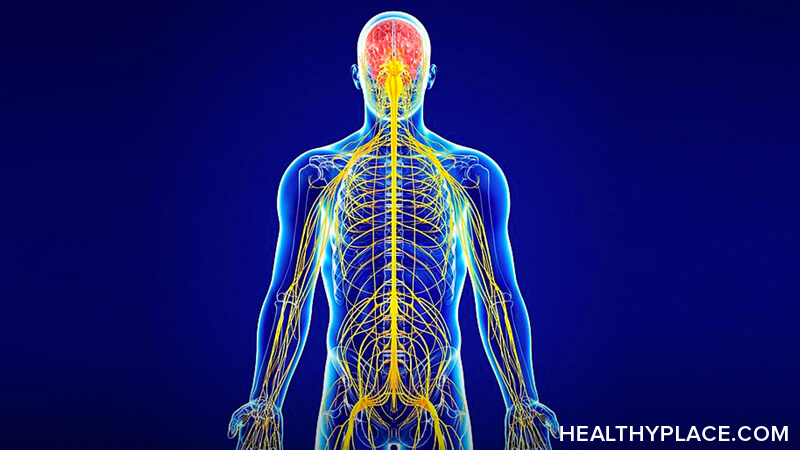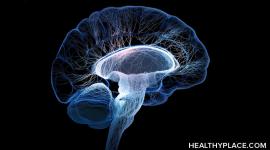Opioids Side Effects — Short and Long-Term on Brain and Body

Opioids can have serious side effects and it’s important that you’re aware of them before you starting taking them.
People take opioids (opioid prescription painkillers or illegal street drugs such as heroin) because of the effects opioids have on the body and brain. Some are positive and helpful; if prescription painkillers didn’t have a good medical purpose, doctors wouldn’t prescribe the approximately 200 million opioids per year that they currently do (Foreman, 2014).
Opioids, however, can be extremely dangerous, even deadly (Opioids Deaths: Yes, Opioids Can Kill You). Opioids side effects, which intensify with the amount of drugs taken and length of use, can harm both the body and the brain. Knowing the effects of opioid drugs can help people be cautious and vigilant about prescription opioid use and avoid illicit forms of these drugs altogether.
Before we examine opioids side effects, it’s important to note that these side effects are essentially the same for all opioids, whether they be prescription Vicodin or street heroin. Street drugs, however, do carry extra risks of collapsed veins from needle use, HIV, hepatitis, and infection of the lining of the heart.
Primary Short-Term Effects of Opioids
Most begin taking opioids because of the short-term effects. Typically, people seek help for various types of pain, both acute and chronic, and doctors prescribe an opioid painkiller. These intentional, helpful opioids effects include
- Analgesia, or numbing of pain
- Euphoria, a temporary but heightened feeling of joy
All opioids do these helpful things for people. Opioids, though, offer short-term pain relief and euphoria and thus are extremely habit-forming. People need more and more and easily develop a tolerance for and dependence on opioids and this can (but doesn’t always) lead to addiction. Extreme use, whether or not it’s born out of addiction, leads to extreme side effects.
Opioids Effects on the Brain
Opioids effects on the brain begin almost immediately. Once the opioid mechanism of action, in which the opioids attach to the opioid receptors in the brain and body, kicks in, opioids take over. They replace the brain’s own opioids—endorphins, endomorphins, dynorphins, and enkephalins—and cause the brain to stop producing them. Further, they turn the brain’s electric activity against it and rewire a new feedback loop to create an increasing need for opioids.
Once they have established control in the brain, opioids cause more problematic side effects. In a nutshell, opioids cause brain damage. Specifically, long-term opioids effects on the brain include
- Sedation, both sleepiness and overall slowed brain activity
- Oxygen deprivation because of repressed respiratory functioning (this lack of oxygen is a major source of brain damage)
- Reduced complex decision-making ability
- Trouble making healthy, positive choices and decisions
- Decreased cognitive functioning in general
This decreased brain functioning can lead to death. Opioids depress the respiratory center of the brain. This is not only the cause of the reduced oxygen levels that can cause brain damage, but it is also the primary cause of opioids overdose deaths. The brain just stops telling the body to breathe.
Clearly, the lungs and respiratory system are negatively affected by opioids. Other body systems are impacted, too.
Opioids Effects on the Body
Opioid drugs have sweeping effects on the body and can cause permanent damage to someone’s health. Opiates effects on the body are long-term and include damage to the
- Respiratory system (slowed breathing)
- Digestive system (nausea, vomiting, constipation)
- Excretory system (constipation, difficulty urination due to constricted bladder muscles)
- Immune system (suppression of functioning leads to increased infections/illnesses)
- Endocrine system (menstrual irregularities, decreased testosterone levels, impotence, etc.)
- Nervous system (increased sensitivity to pain)
Opioids side effects can be very serious. Opioids can harm the body and damage the brain. However, you can get positive benefits from prescription painkillers and minimize long-term side effects by working with your health care provider and being aware of how opioids are affecting you physically and mentally.
APA Reference
Peterson, T.
(2021, December 16). Opioids Side Effects — Short and Long-Term on Brain and Body, HealthyPlace. Retrieved
on 2026, January 15 from https://www.healthyplace.com/addictions/opioid-addiction/opioids-side-effects-short-and-long-term-on-brain-and-body



